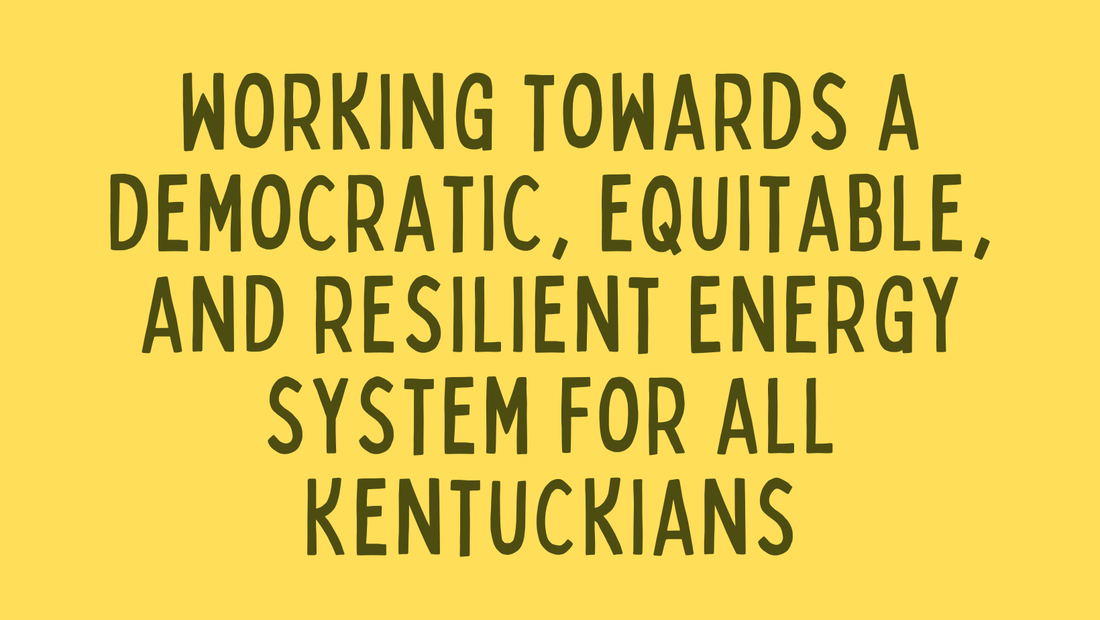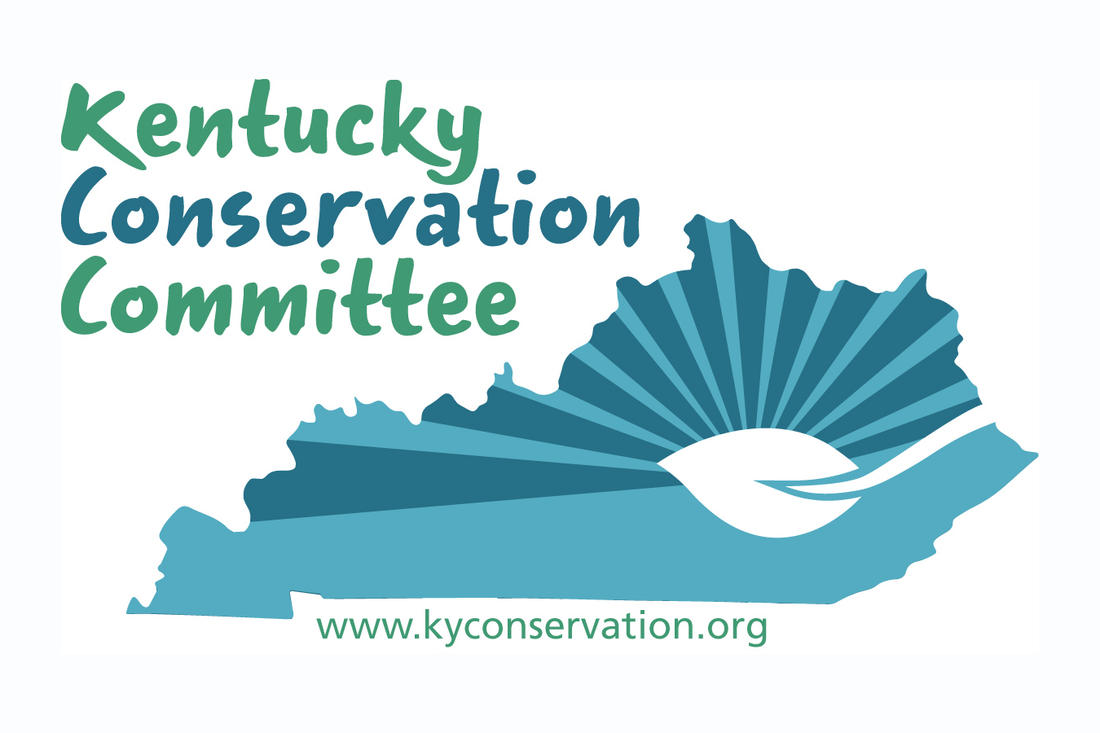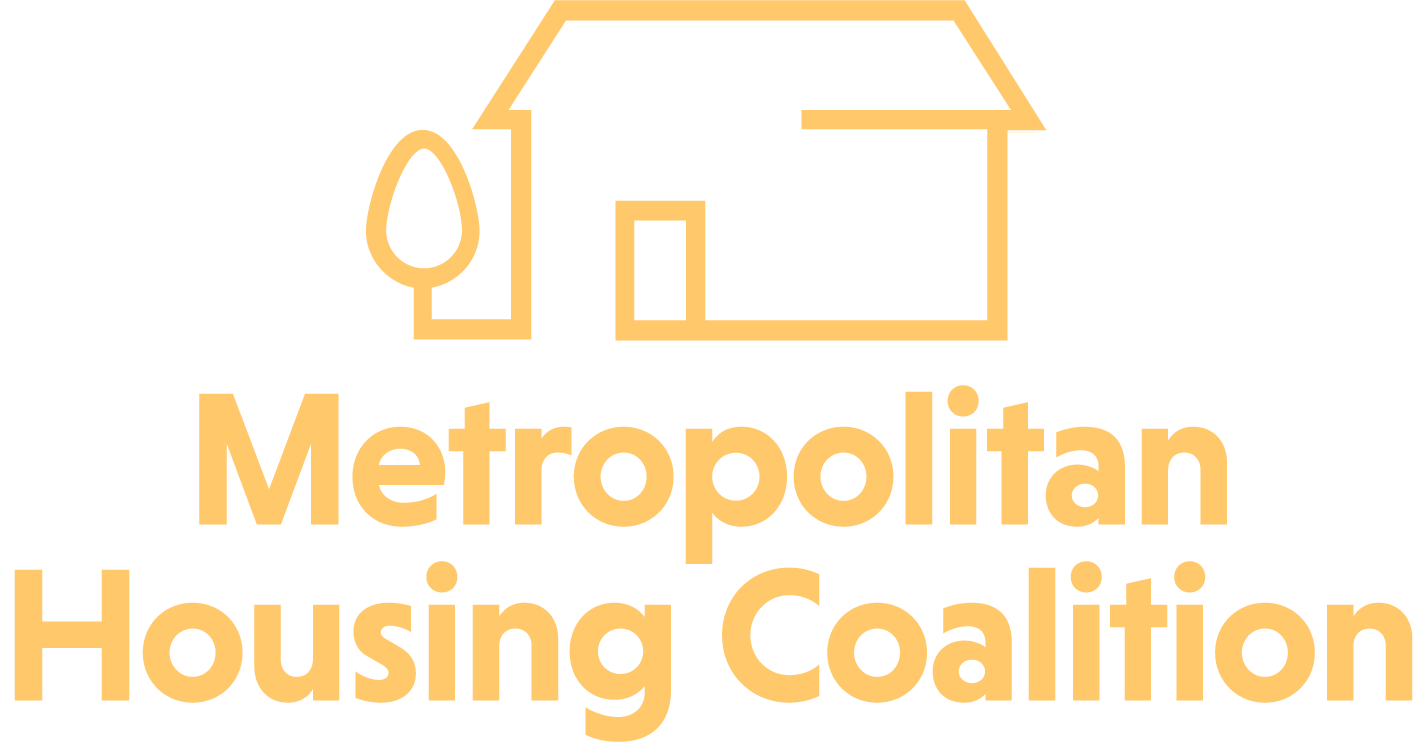Kentuckians for Energy Democracy is the newest iteration of a coalition that has been building and learning together for over a decade. We’re the same network which held off the passage of anti-net metering legislation for two years and ensured that the legislation that did pass would not immediately end access to rooftop solar in Kentucky. We’re also the same network which has influenced the Public Service Commission decisions related to setting the net metering compensation rates in the last two rate cases and pushed for a process that included hiring an outside expert to help determine those rates. These efforts resulted in a process for determining all future net metering compensation rates which includes more than just the utilities’ narrow definition of avoided costs.
In each iteration we have broadened our scope and honed in on our strengths. As K4ED we are building a bigger, more diverse coalition to take on transforming the energy system in Kentucky starting with the Public Service Commission. Ultimately, there are many policy changes needed at the legislative level. However, with the current state of our legislature, organizing at the regulatory level is a great place to start building power.
What do we do?
In each iteration we have broadened our scope and honed in on our strengths. As K4ED we are building a bigger, more diverse coalition to take on transforming the energy system in Kentucky starting with the Public Service Commission. Ultimately, there are many policy changes needed at the legislative level. However, with the current state of our legislature, organizing at the regulatory level is a great place to start building power.
What do we do?
- Share information, knowledge and resources
- Build expertise to challenge misinformation
- Build power by helping Kentuckians understand how the PSC works, and how their voices can influence their decisions.
- Educate decision makers on best practices and emerging strategies from across the country
- Share strategy and play to our strengths
- Organize to make the PSC more transparent, equitable, and democratic
- Organize opposition to utilities’ efforts to resist the just transition to renewable, efficient, affordable, and equitable energy.
- Turn out public comments in PSC rate cases and Integrated Resource Plans
- Coordinate organizations to jointly intervene in PSC cases
In creating these principles we both learned and borrowed from other organizations working in this area including: Energy Democracy Project, NAACP, and the Rural Power Coalition.
In determining which utility and regulatory policies we advocate for, we look to the NAACP’s Equitable Solar Policy Principles as a guide.
- We value both the lived experiences and knowledge of community members and the importance of science. We need our regulators to consider both as important evidence in decision making.
- We understand that community self-determination is vital in building an equitable and sustainable future for all people.
- We know that our energy system has been built in the favor of utilities and that in order to balance the playing field public advocates and our communities must have both access and power at the decision making table.
- We believe that decisions around the regulation of utilities should be made with the public interest in mind and the voices of impacted Kentuckians at the table. We understand public interest to include: equity, affordability of services, human health, environmental protection and good jobs.
- We know that our issues are all connected. The same problems which cause housing insecurity, racial inequity and food insecurity also cause environmental degradation and public health crises. We know that climate change and fossil fuel pollution are not just "environmental" problems, but are humanitarian crises that are impacting vulnerable populations first and hardest. In order to win on any issue we must work together to solve all of these issues.
- We believe that all individuals have the right to safe, sustainable energy production, resilient and updated energy infrastructure, affordable energy, and uninterrupted energy service. Our utility models should reflect this belief.
- We understand the need to transition as quickly as possible to clean, safe and renewable energy sources in order to mitigate the worst impacts of climate change and ensure all communities have clean air, land and water. We need to make sure that all communities and workers benefit from this transition.
- We believe that in order to have energy democracy we need full transparency of the information and actions of utility companies, regulating bodies, legislatures, and utility affiliated organizations.
- We know that in order to protect our communities from the impact of utilities our regulatory agencies must be fully resourced, fully staffed and free from the influence of utility and fossil fuel interests both at the regulatory and legislative levels.
In determining which utility and regulatory policies we advocate for, we look to the NAACP’s Equitable Solar Policy Principles as a guide.
- Principle 1: reflect an inclusive and community-driven theory of change guided by the Principles of Environmental Justice and the Jemez Principles of Democratic Organizing.
- Principle 2: address past, current, and future impacts of climate change by fostering the development of solar energy policies that move us toward a resilient and just transition. Solar energy policies should exist as part of a suite of policies to direct a Just Transition towards a decarbonized economy.
- Principle 3: result in measurable improvements in solar adoption rates and whenever possible ownership and control of solar with strong consumer protections in place.
- Principle 4: increase and advocate for resilience (grid, community, and individual).
- Principle 5: be cross-cutting, so that they address water quality, housing affordability, community development, clean air, workforce equity, and jobs, contracting equity, economic development, education, food access and affordability, transportation, utility regulation, community engagement, and other concerns.
















